How to Set the Right Price for Unique Rental Property
If you have a traditional two-bedroom apartment in the city center, it's quite easy to determine an appropriate rental price. You just need to do a bit of calculation, study the analogs and set your rate. But if you have unique property that differs from everything else in the area, where do you start?
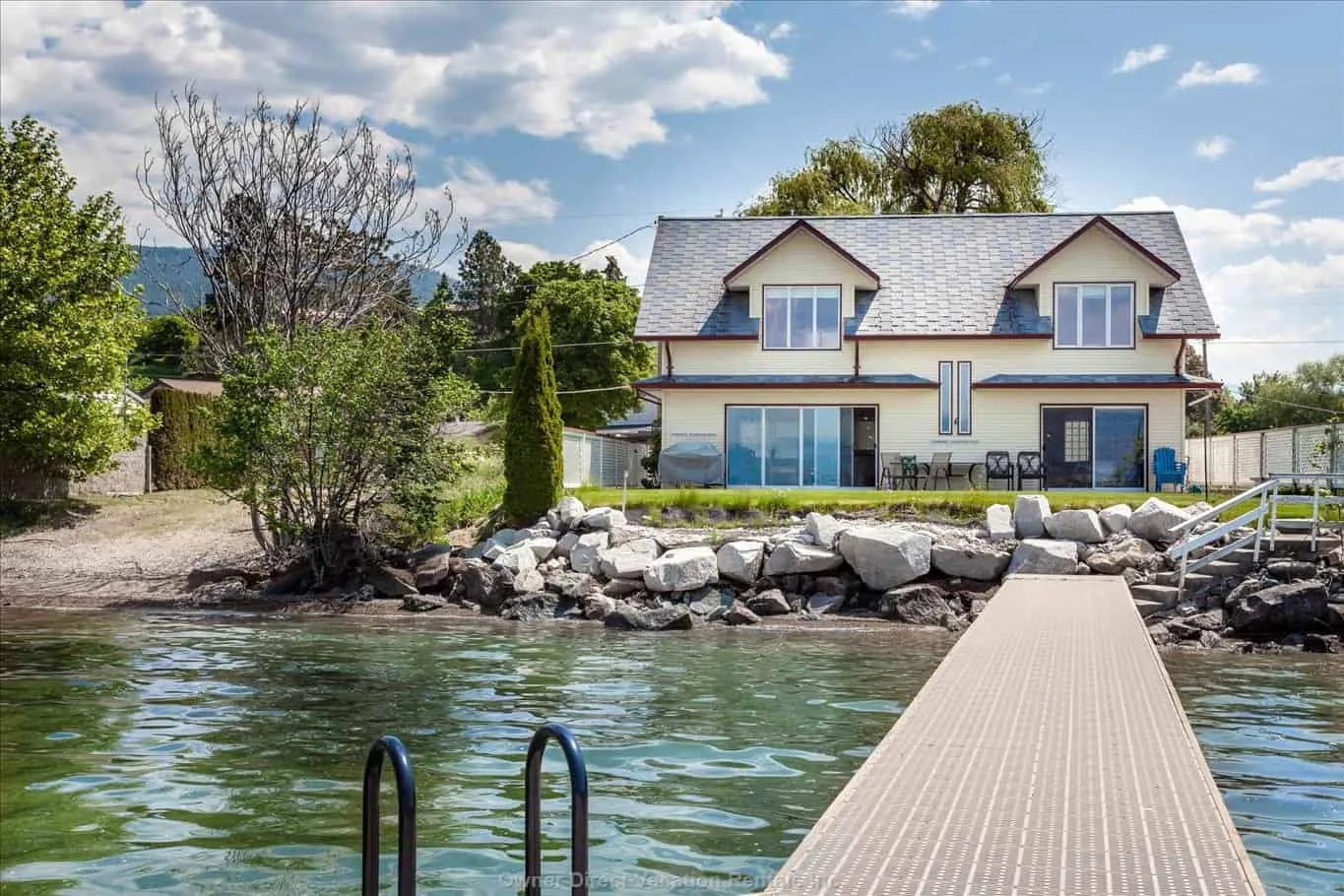
How Are Rental Prices Determined?
It's important to start with a basic lesson in economics. To understand how rental prices are set, you should begin by understanding what happens underneath the surface.
While there are dozens – and possibly hundreds – of factors affecting rental prices, in the end it all comes down to two levers: supply and demand. As these levers move, rental prices fluctuate, reflecting those changes.
With high supply and low demand, rental prices are suppressed. In this type of market, tenants have all the advantages and can comfortably wait for a suitable option.
With low supply and high demand, rental prices are high. On this market, landlords have the advantage and can leverage increased interest to justify a higher rate.
In some cases, supply and demand are roughly equal. In this case, you can look at the current market rate for your local area and accurately determine how much people are willing to pay. However, with unique property, it's often not always possible to find analogs for analysis.
The question is how to determine a fair (and profitable) market rental rate?
Setting the Price for Unique Rental Property
Unique property is any real estate that does not match several other similar properties on the local market. These properties may have a different architectural style, larger land area, unique amenities or any combination of these three factors.
Here are some things to consider when setting a rental price:
1. Use a Rental Valuation Tool
Even though you have unique property, it's always a good idea to start with a rental valuation report using a tool like RentSpree.
With these tools, you don't have to guess or make random price bids based on intuition. Instead, you enter the details of your property, and its proprietary algorithm analyzes factors such as size, number of bedrooms, location, historical rent, current rent and unemployment level to determine an accurate rental estimate.
If you have traditional property, these estimates are usually very accurate. With unique property, you may need to slightly adjust the numbers in one direction or another to get an ideal price. But in any case, this will give you a great starting point.
2. Consider the Amenities
It's important to know exactly what makes your property unique. Then, based on this information, you should determine whether these unique features are pluses or minuses.
A positive unique amenity might include 100 acres of private hunting land attached to the house. A negative unique amenity would be something like glaring 80s architectural elements. Walk through each feature and think whether it adds or subtracts value.
3. Think About Target Renting
It's useful to focus on who your target tenant is, so you can understand how to market the property. Property aimed at the right demographics may command a higher rental rate compared to property misaligned with an inappropriate demographic. Keep this in mind when writing descriptions, taking photos and advertising the property.
4. Remember the Importance of Location
Never underestimate the importance of location. You might have unique property that looks terrible, but if it's in the center of a very popular place, you won't have any trouble getting a high rental rate. Conversely, you might have the cutest little bungalow, but if it's located in the middle of rural Alaska, low demand will suppress market value. Location always rules!
Summing It All Up
If you're looking for a simple formula that will let you easily set the perfect rental price for unique property with 100% confidence, you may be disappointed. However, if you're ready to do research and use the resources mentioned in this article, you should find a pretty good "approximate estimate".
If you're stuck between two figures, we recommend starting with a higher one. You can always lower your rate if there's not much interest, but it's not very ethical to raise the price after people show an interest. Keep this in mind as you move along this path.
Need a renovation specialist?
Find verified professionals for any repair or construction job. Post your request and get offers from local experts.
You may also like
More articles:
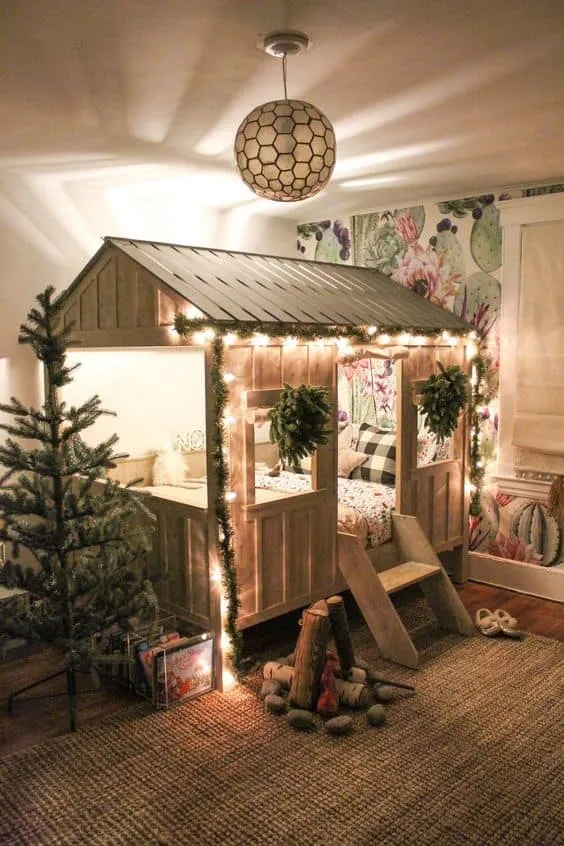 How to Add a Magical Forest to a Child's Bedroom
How to Add a Magical Forest to a Child's Bedroom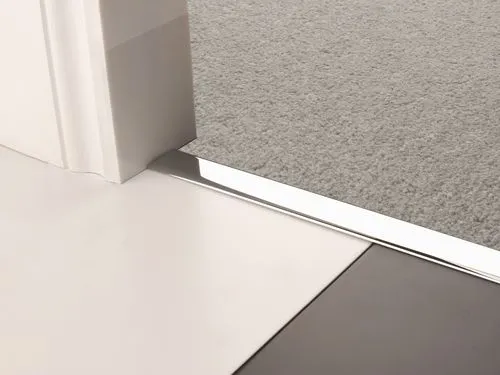 How to Install a Threshold Barrier?
How to Install a Threshold Barrier? How to Add an Aquarium to Home Renovation
How to Add an Aquarium to Home Renovation How to Integrate Solar Panels into Building Design
How to Integrate Solar Panels into Building Design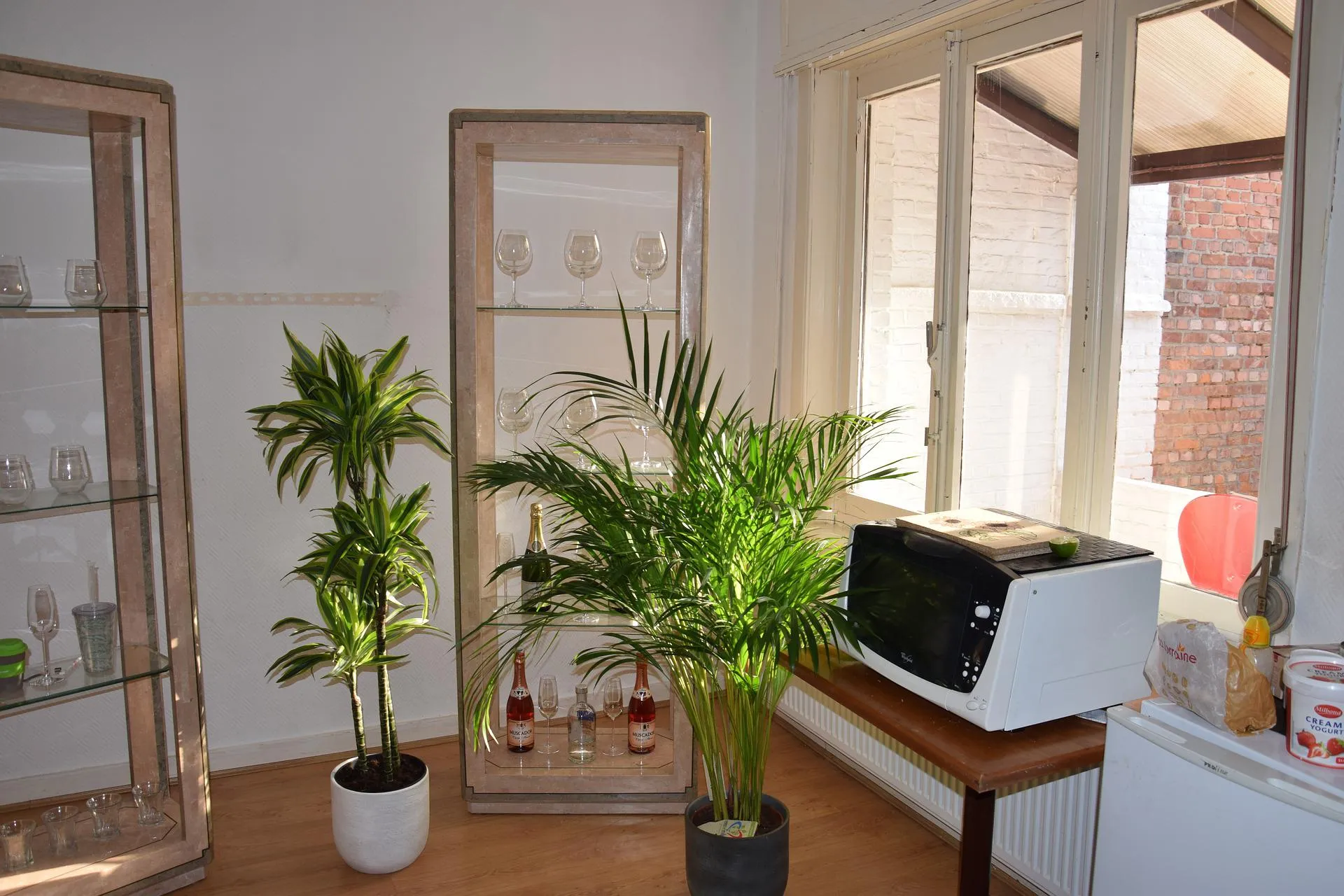 How to Integrate Biophilic Interior Design
How to Integrate Biophilic Interior Design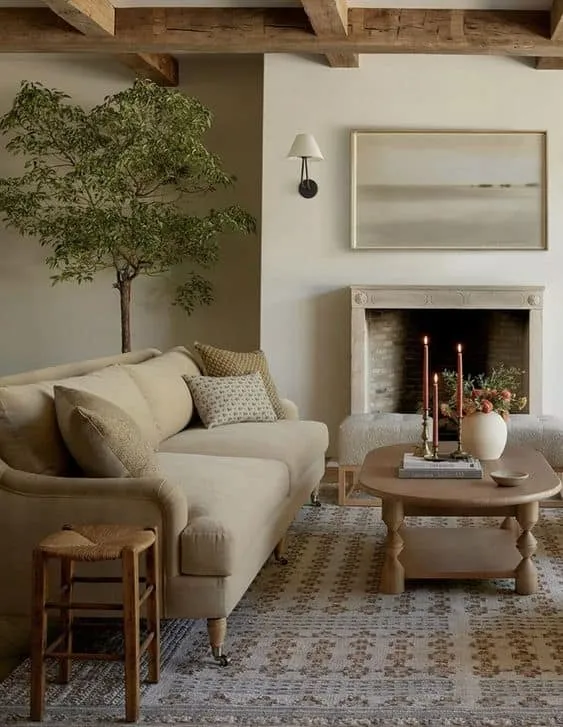 How to Add Earth Tones to Your Home
How to Add Earth Tones to Your Home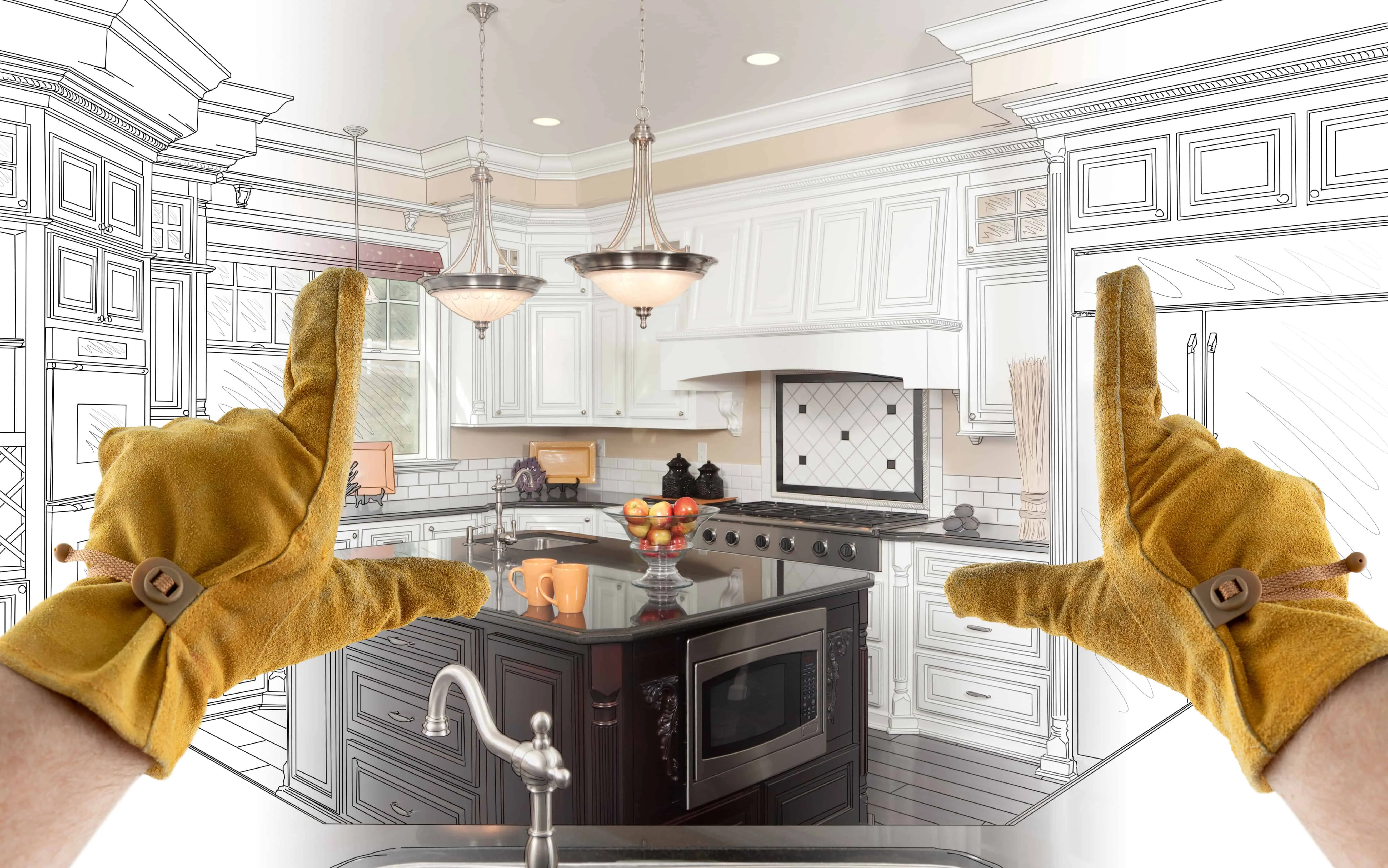 How to Add Color to Your Kitchen Renovation Plan
How to Add Color to Your Kitchen Renovation Plan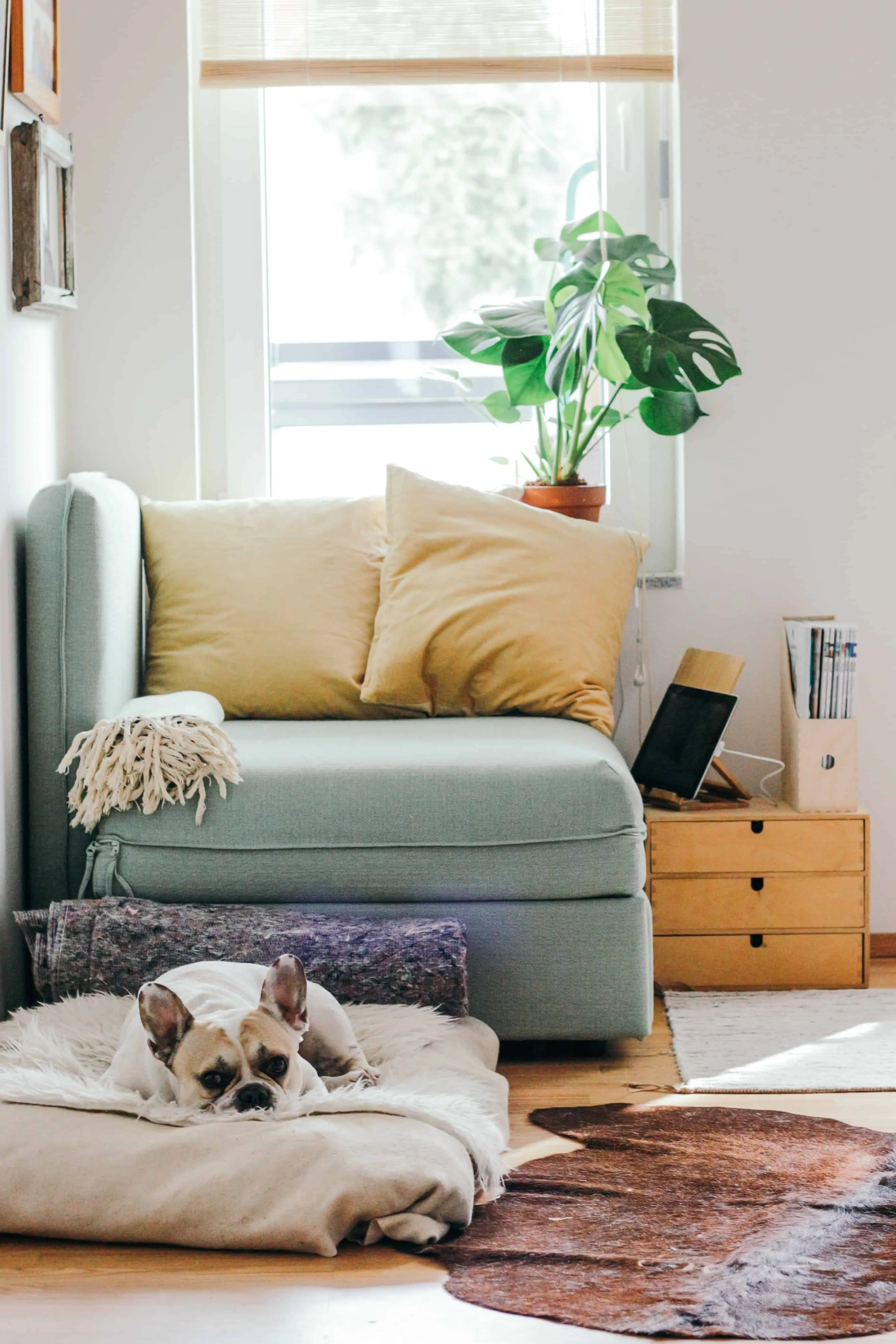 How to Combine Old and New Elements in Interior Design
How to Combine Old and New Elements in Interior Design